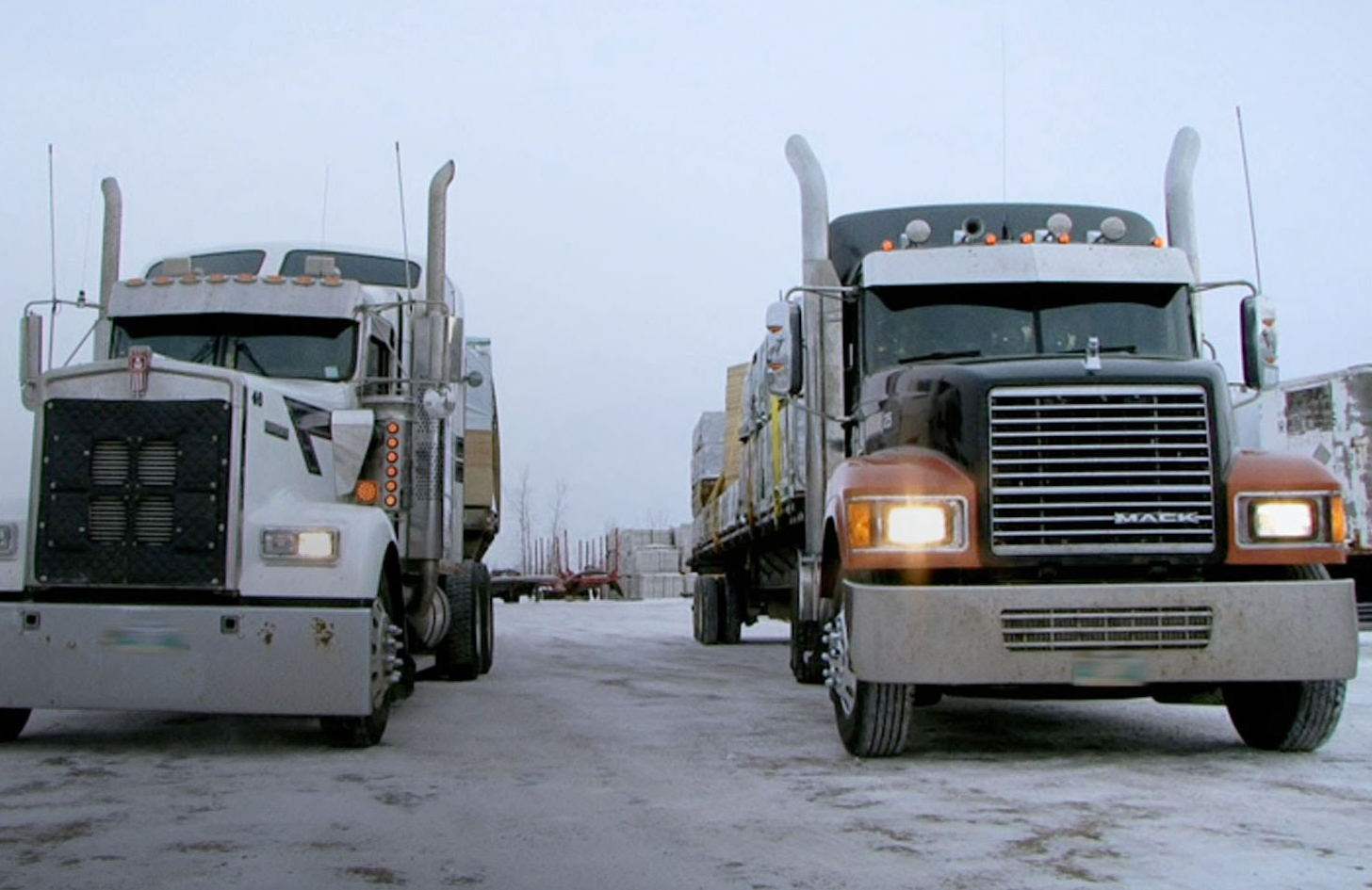In the realm of ice road trucking, dispatchers play a pivotal role in orchestrating the complex logistics required to navigate hazardous routes. The role involves several critical functions, which ensure the safe and efficient delivery of goods across frozen landscapes. Here’s a detailed look at how dispatchers contribute to this specialized field:
1. Route Planning and Assessment
Objective: To ensure safe and efficient travel routes for ice road truckers.
Details: Dispatchers meticulously plan the routes that truckers will take, considering the ever-changing ice conditions, weather patterns, and road safety. They use real-time data and forecasts to assess ice thickness, potential weaknesses in the ice, and any other hazards. This involves working closely with local authorities and ice road engineers who provide updates on road conditions and any potential dangers.
2. Scheduling and Coordination
Objective: To manage the timing and logistics of deliveries while mitigating risks.
Details: Dispatchers create and manage schedules for truckers, coordinating delivery times, rest periods, and any required stops. They ensure that schedules align with the availability of ice roads and their conditions. This scheduling needs to be flexible to accommodate delays due to weather or other unforeseen circumstances.
3. Communication Management
Objective: To provide ongoing support and information to truckers in the field.
Details: Effective communication is crucial in ice road trucking. Dispatchers maintain constant contact with truckers via radio, satellite, or other communication tools. They relay important information such as updates on ice conditions, weather changes, and any incidents on the route. This communication helps truckers make informed decisions and respond to emergencies promptly.
4. Safety Oversight
Objective: To ensure the safety of truckers and their cargo.
Details: Dispatchers play a significant role in managing safety protocols. They monitor weather reports, ice conditions, and any warnings from local authorities. In cases where conditions become too dangerous, dispatchers might halt operations or reroute trucks to avoid risky areas. They also ensure that drivers are equipped with necessary safety gear and are aware of emergency procedures.
5. Problem Resolution
Objective: To address and resolve any issues that arise during transportation.
Details: Problems such as mechanical breakdowns, accidents, or road closures can occur frequently in ice road trucking. Dispatchers are responsible for quickly addressing these issues, whether that means arranging for repairs, coordinating with emergency services, or finding alternative routes. Their ability to solve problems efficiently helps minimize downtime and delays.
6. Logistics and Documentation
Objective: To manage the administrative aspects of trucking operations.
Details: Dispatchers handle various logistical tasks, including managing permits, ensuring compliance with regulations, and maintaining detailed records of shipments. They track the movement of goods and update clients on delivery status. Accurate documentation is essential for both operational efficiency and regulatory compliance.
7. Client Interaction
Objective: To maintain positive relationships with clients and manage expectations.
Details: Dispatchers often serve as the point of contact between trucking companies and their clients. They provide clients with updates on the status of their shipments, handle any special requests, and address any concerns. Effective communication with clients ensures satisfaction and builds trust.
In summary, dispatchers in ice road trucking are responsible for coordinating complex operations under challenging conditions. Their role is integral to ensuring that goods are transported safely and efficiently, balancing the need for timely deliveries with the inherent risks of traveling across frozen routes. Their expertise in route planning, scheduling, communication, safety, and problem-solving is essential for the success of ice road trucking operations.






















